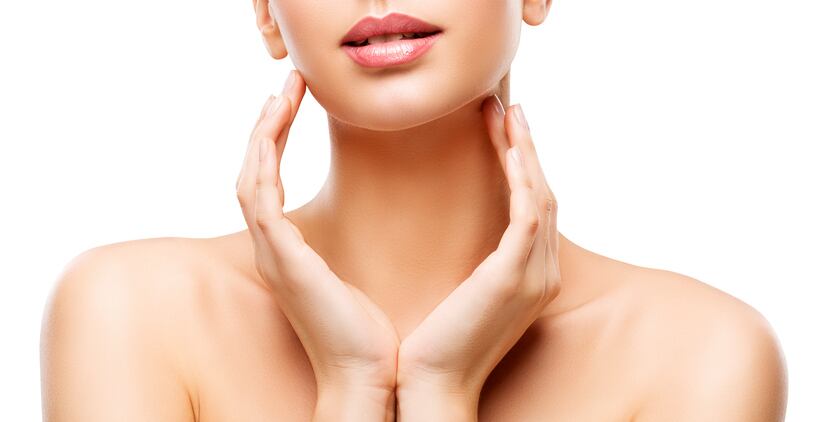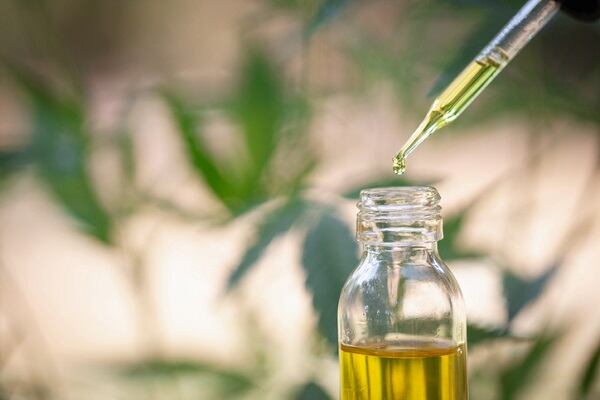1 – Malaysian retailer gearing up to ban ‘anti-palm oil’ cosmetics from supermarkets
Malaysia’s biggest supermarket chain has launched a palm oil boycott in reverse, by prohibiting the sale of anti-palm oil products, including cosmetics that are labelled ‘palm oil-free’.
Mydin, which has over 250 outlets across Malaysia, has pledged to ban such products from its shelves, arguing that they damage the reputation of the controversial crop, which has suffered repetitional setbacks especially in Europe.
Malaysia is the second biggest oil palm grower, and with neighbouring Indonesia accounts for around 85% of the world’s production. Malaysia produced over 19.5m tonnes of crude palm oil from a planted area of 5.8m hectares in 2018.
The country’s total export of palm oil and palm-based products was 25.2 million tonnes, generating export earnings of MYR67.5bn (US$16bn).
Roughly half of all food and consumer products on Malaysian supermarket shelves contain palm oil, including lipsticks, shampoos and soaps.
2 – Safe, ethical and sustainable: Why silicones are the ideal clean beauty ingredient – Grant Industries
Safe, effective and eco-friendly, silicones are the ideal ingredient for clean beauty formulations, but unnecessary “fear-mongering” has given the ingredient a bad reputation according to one industry exec.
Jay Mehta, regional market manager for Asia Pacific, Grant Industries, was at this year’s Society of Cosmetic Scientists Singapore Suppliers Day to appeal to the industry to send the right message about silicones.
“We have a social responsibility here... to push factual information and be transparent to the consumer. Today, 95% of consumers buy more natural products than they did 10 years ago but 95% of them see efficacy as the most important factor. This tells us the cosmetics market is evolving to support priorities like safety, performance and responsibility,” said Mehta.
However, he added that consumers were also confused and very misinformed about cosmetic ingredients.
“If you ask 500 people which they rather put on their face – pure silicone or pure essential oils – I'll guarantee you that nearly all of them will say pure essential oils. They don't realise that natural products can cause severe reactions.”
3 – Cash crop: Thai authorities approve use of hemp in food, cosmetics and CBD in herbal products
Hemp and CBD are now allowed for use in herbal products made in Thailand after the authorities relaxed restrictions on their use.
The country issued a royal gazette, which allowed hemp to be used in herbal products, food, and cosmetics, with effect from Aug 27.
The Thai government also removed cannabis and hemp extracts with THC content of less than 0.2% from the list of banned narcotics substances.
“The intention is to allow extracts to be used in medicine, cosmetics, and food, and support hemp as a cash crop,” local media Bangkok Post quoted FDA secretary general, Tares Krassanairawiwong.
According to the royal gazette, only hemp extracts that contain a ratio of cannabidiol (CBD) to tetrahydrocannabinol (THC) not exceeding 0.01% to 0.2% by weight can be used in herbal products and drugs.
4 – Cosmetics Europe: ‘Free from’ guidance should create level playing field in EU
EU ‘free from’ guidance helps clarify the legal framework behind cosmetic claims and should create a fairer European beauty and personal care market, says the director-general of Cosmetics Europe.
This July, a guidance document came into force for making cosmetic claims - the Technical document on cosmetic claims from the Sub-Working Group on Claims, part of the European Commission’s advisory group the Working Group on Cosmetics Products.
The guidance was compiled in response to concerns around cosmetic product claim substantiation, particularly around ‘free from’ which was now specifically addressed in Annex III.
John Chave, director-general of Cosmetics Europe, the European trade association for the cosmetics and personal care industry, said industry was “broadly supportive” of the guidance.
“The guidance is there to create a level playing field and clarity, particularly in the area of enforcement,” Chave told CosmeticsDesign-Europe.
“We really need to defend the regulation and make sure our use of ingredients is properly understood and I think the technical guidance is helpful in that way,” he said.
5 – EU 'free from' cosmetics claims technical document is guidance, not regulation: Expert
A guidance document released in July on EU cosmetic ‘free from’ claims aims to clarify what is and isn’t allowed by law on finished products, but widespread confusion remains, an expert says.
Cosmetic product claims have been regulated in the European Union (EU) since July 2013, under the Commission Regulation (EC) No 655/2013. Six common criteria are required to make acceptable claims in the EU: legal compliance; truthfulness; evidential support; honesty; fairness; and informed decision-making. The regulation forms part of the main legislation on finished cosmetics products in the EU - Regulation (EC) No 1223/2009, also known as the Cosmetics Products Regulation (CPR).
New guidance on ‘free from’ cosmetic claims
In July, this year, a third version of a guidance for making cosmetic claims – the Technical document on cosmetic claims – came into force, following adjustments made in 2017. The document was published by the Sub-Working Group on Claims, part of the Working Group on Cosmetics Products - an advisory group to the European Commission (EC).
Two annexes were added to the document: Annex III, providing guidance on the application of common criteria to make ‘free from’ claims, and Annex IV, providing guidance on the application of common criteria to make ‘hypoallergenic’ claim.





